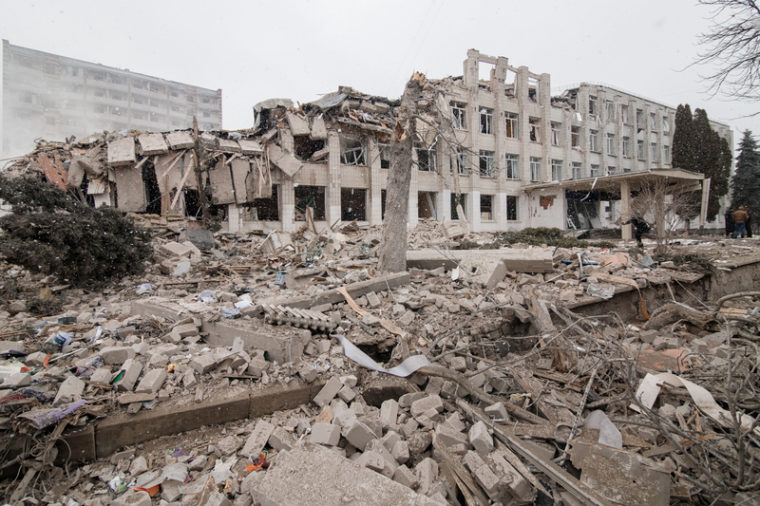
The Ukrainians are fighting a real war for the survival of their country. They have been given partial support from the United States and certain NATO countries that are not actually fighting in this war; their survival is not threatened. Since these countries are not threatened their decision-making process regarding support for Ukraine is conducted on an incremental basis, which is agonizingly slow, filled with bureaucratic roadblocks, and power battles between various constituencies. In other words, normal peacetime democratic decision-making.
The recent NATO conference held in July resulted in the decision to continue the go-slow approach to Ukraine support. This decision was not unanimous. The frontline NATO countries want Ukraine admitted to NATO now, and they want Ukraine given everything it needs to repel the Russian invasion. It is no surprise that the NATO countries that want Ukraine fully supported now are those that border Russia; Lithuania, Latvia, Estonia, Poland and Finland. They know that Putin’s ambitions go beyond Ukraine, and they fear Russian incursion into their lands.
The NATO countries that are not on the frontline with Russia continue to advocate the go-slow approach, including not admitting Ukraine to NATO now. The non-threatened NATO members have seemingly legitimate rationales for the hesitancy. They fear starting a shooting war between Russia and NATO. This fear is based on the assumption that the Russian military is equal in strength to the combined military strength of NATO members. Russian military ineptness in Ukraine has shown this assumption to be wrong.
A further assumption is that Putin would resort to nuclear weapons if Russia started losing the war. His temptation to do so could be thwarted by a clear warning from NATO that the Kremlin will be annihilated if the Russians use nuclear weapons. The Russians have no means of stopping such an attack. Yes, there is some small risk that Putin would ignore such a warning. However, it could be argued that the longer the Ukrainian war goes on without a Russian victory the greater the risk of Putin using nuclear weapons. A faster resolution of the war in Ukraine’s favor, the lower the likelihood of negative consequences.
NATO leaders need to remember that dictators around the world are closely watching the ongoing Ukrainian war. Any NATO hesitancy and weakness of response to Russian aggression could encourage these dictators to be aggressive. A current example of NATO weakness is the Russian militarization of the Black Sea, which is a clear violation of international maritime law. NATO is thus far doing nothing about this, and the Ukrainians do not have a navy capable of forcing Russian warships to allow the free flow of Ukrainian grain shipments out into the world. NATO countries would have to use their own warships to open the Black Sea to normal commerce. Would Russian warships attack NATO warships? Presumably NATO leaders think this is a strong possibility, and if so this is another example of NATO underestimating its own strength and overestimating Russian resolve and strength.
The Russian takeover of the Black Sea could have major negative consequences in another part of the world. President Xi of China has said many times that Taiwan is a province of China that will be reunited with the Chinese mainland. Xi must be looking at the Russian takeover of the Black Sea with interest. Since NATO and the United States have allowed this to happen, presumably they would not react militarily to a Chinese takeover of the waters surrounding Taiwan, and to the following Chinese invasion of Taiwan.
The democracy pattern of slow, hesitant reaction to dictatorial aggression is nothing new. Arguably the tragedy of WWII could have been avoided if the world’s democracies had responded forcibly to Japanese and German aggression in the early and mid-1930s. Current leaders of democracies have not learned this fundamental lesson: the longer democracies wait to strongly respond to dictatorial aggression, the higher the price of the eventual response.
Photo 243219725 | Ukraine War 2022 © Sviatoslav Shevchenko | Dreamstime.com
















